
According to one recent report, Alabama ranks highest when in scores for American Indian children, while Maine is tops for Latinos. What’s going on here?

According to one recent report, Alabama ranks highest when in scores for American Indian children, while Maine is tops for Latinos. What’s going on here?
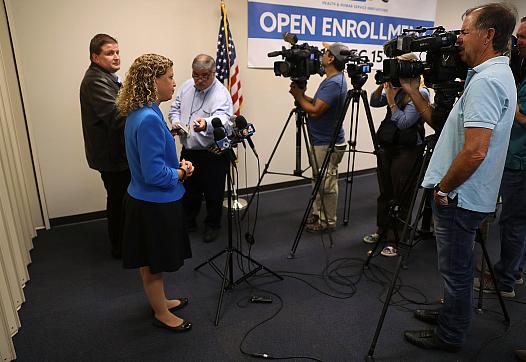
The research suggests that less advertising tied to the Affordable Care Act will lead to less informed consumers, fewer online visitors to health exchanges and lower enrollments.
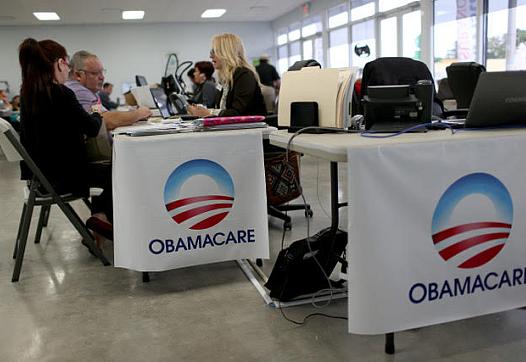
The CEO of the largest publicly operated health plan in the U.S. makes the case for why we should stop referring to the Affordable Care Act as Obamacare.
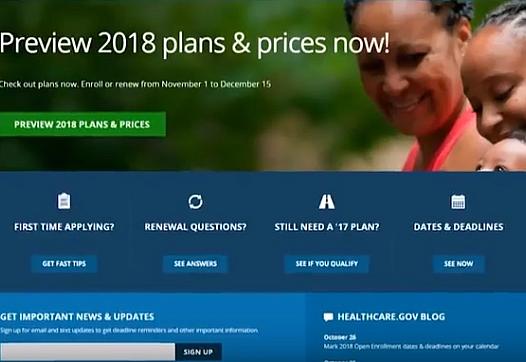
As the open enrollment period for health insurance from the nation’s government-run marketplaces opened, Americans found a changed landscape.
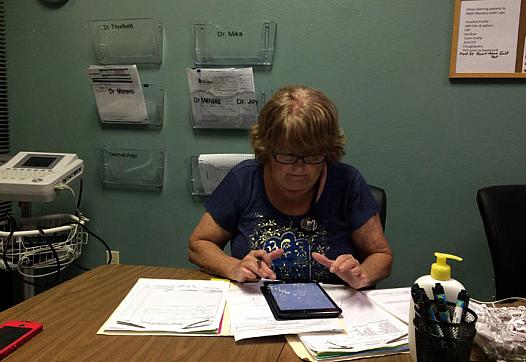
From threats to repeal the Affordable Care Act, to news about rising premiums and President Donald Trump's recent decision to do away with some subsidies, people who don't closely follow the issue are getting lost in the headlines and sound bites.

In the wake of recent reports that the 2020 Census is facing a funding shortfall, advocates worry about the consequences of undercounting vulnerable populations.
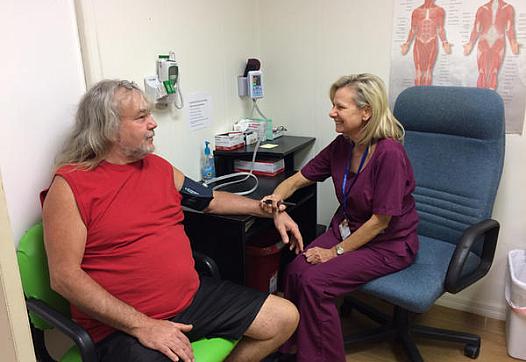
Many Floridians have jobs but can't afford health insurance or to pay out-of-pocket for health care. For those patients, the more than 100 free and charitable clinics in Florida are often their only option for health care.
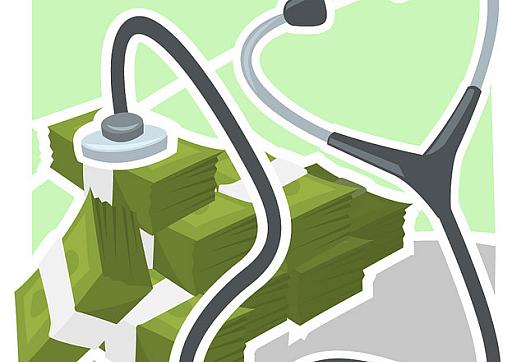
The U.S. spends more than any other country for health care. And economic ideals that should push costs down aren't actually working in our country's system.
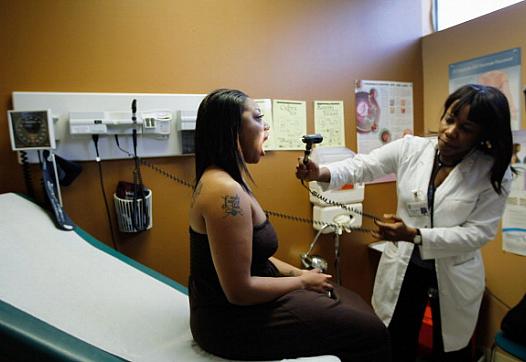
Since the passage of the Affordable Care Act (ACA), community clinics have played an important role providing care for newly insured Americans. Funding for programs that enable community clinics to meet patient's needs will expire on September 30th, if Congress doesn’t act.